Tag: U.S. Senate
-
An early look at North Carolina’s U.S. Senate election in 2026

Voters in North Carolina will elect one member to the U.S. Senate in the general election on Nov. 3, 2026. Incumbent Sen. Thom Tillis (R-N.C.), who first assumed office in 2015, announced that he would not seek re-election in 2026. According to The Cook Political Report’s Amy Taylor, Tillis’ retirement makes the seat a “top…
-
Vice President J.D. Vance casts fifth tie-breaking vote to pass One Big Beautiful Bill Act
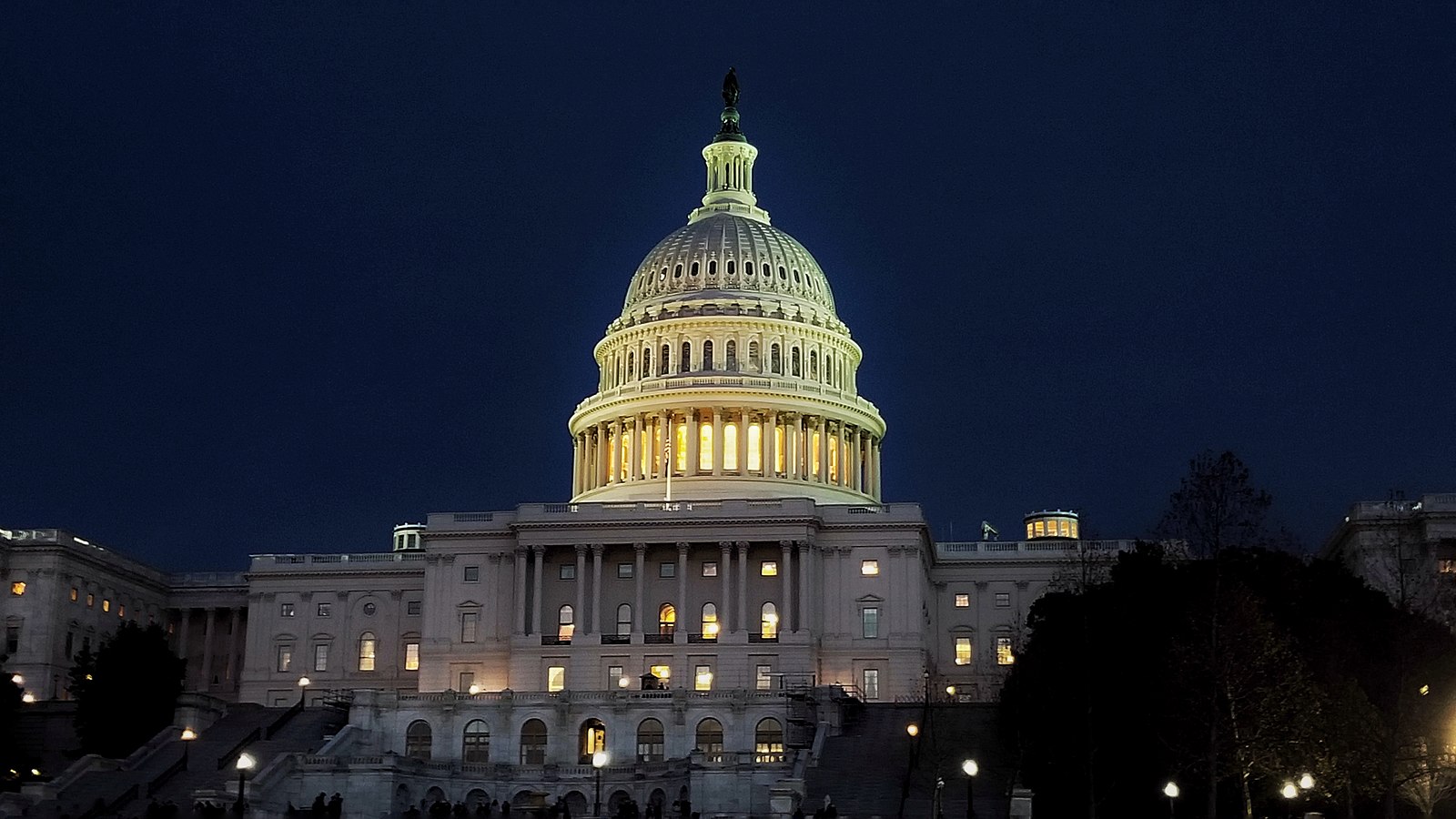
On July 1, 2025, Vice President J.D. Vance cast his fifth tie-breaking vote in the U.S. Senate to pass the One Big Beautiful Bill Act, the budget reconciliation bill currently before Congress. Fifty Republicans voted in favor of the bill, while 45 Democrats, two Independents who caucus with Democrats, and Republican Sens. Susan Collins (R-Maine),…
-
Oregon joins 45 other states in allowing the governor to make appointments to vacant U.S. Senate seats

On June 20, 2025, Oregon Gov. Tina Kotek (D) signed Senate Bill 952 (SB 952), which gives the governor the power to appoint an interim U.S. senator for the state if a vacancy occurs. The bill includes the following provisions: In 36 states, governors appoint individuals to fill vacancies temporarily until a special election. The…
-
Sen. Thom Tillis announces he will not seek re-election to the U.S. Senate in 2026
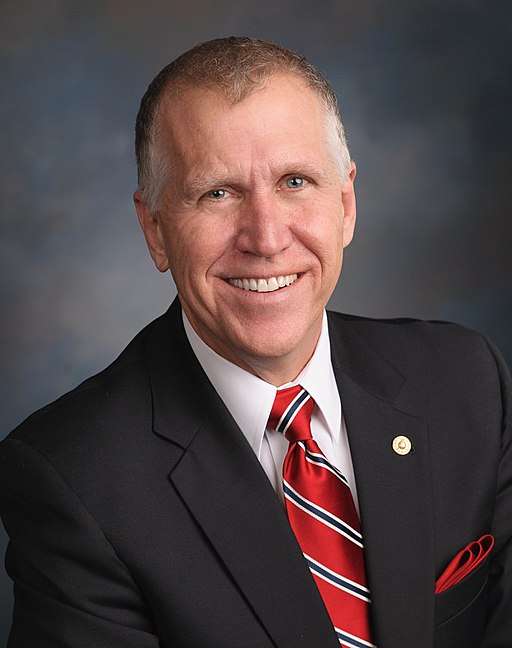
Sen. Thom Tillis (R-N.C.) announced on June 29, 2025, that he will not seek re-election to the U.S. Senate in 2026. On his retirement, Tillis said in a statement, “In Washington over the last few years, it’s become increasingly evident that leaders who are willing to embrace bipartisanship, compromise, and demonstrate independent thinking are becoming…
-
An early look at Alabama’s U.S. Senate election in 2026
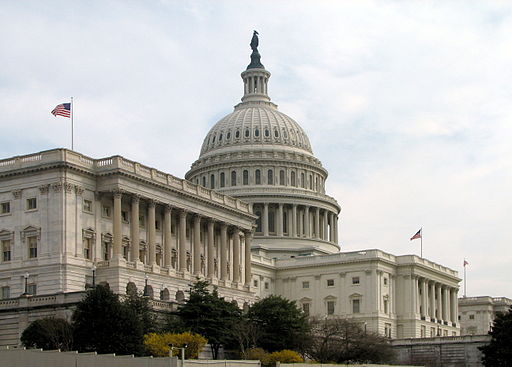
Voters in Alabama will elect one member to the U.S. Senate in the general election on November 3, 2026. The election will fill the Class II Senate seat of Tommy Tuberville (R), who first took office in 2021. On May 27, Tuberville announced he would run for governor rather than run for re-election. WHNT-TV‘s Brian…
-
An early look at the race to 2026 U.S. Senate election in Kentucky
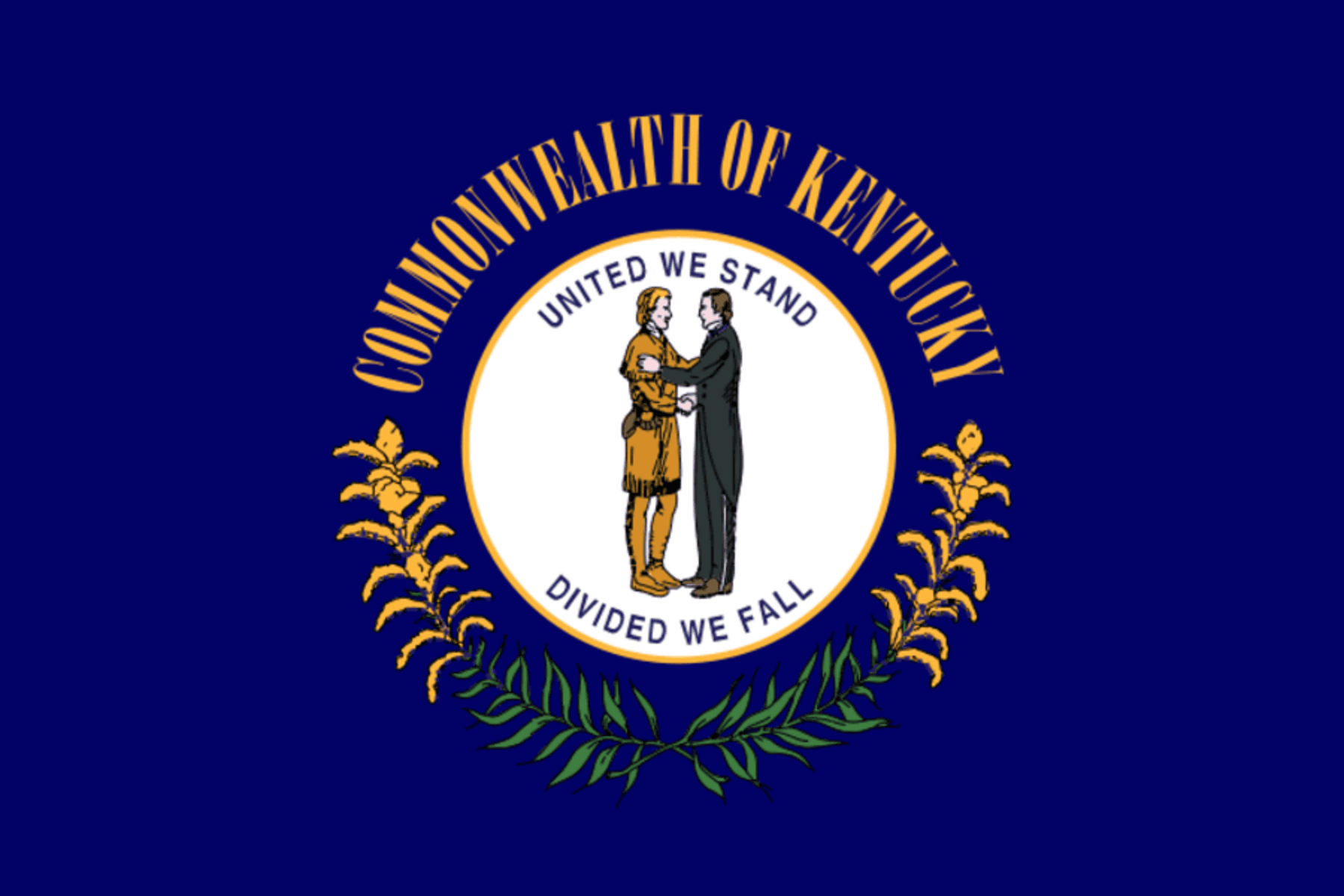
Voters in Kentucky will elect one member to the U.S. Senate in the general election on Nov. 3, 2026. On Feb. 20, 2025, incumbent Mitch McConnell (R), who first took office in 1985, announced that he would not seek re-election in 2026. According to NBC News’ Ben Kamisar, “McConnell’s departure opens up a plum political…
-
Rep. Raja Krishnamoorthi announces 2026 run for the U.S. Senate in Illinois
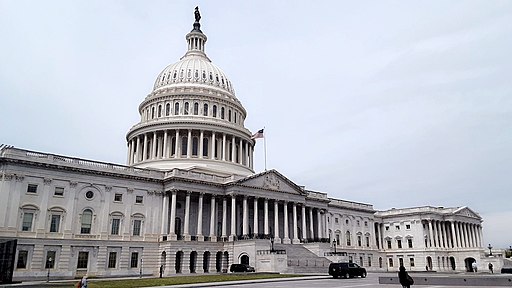
Rep. Raja Krishnamoorthi (D-Ill.) announced on May 7, 2026, that he will run for the U.S. Senate in Illinois in 2026 rather than another term in the U.S. House of Representatives. The seat is open since incumbent Sen. Dick Durbin (D-Ill.) announced he would not seek re-election. As of May 6, 2025, independent race forecasters…
-
Rep. Robin Kelly announces 2026 run for the U.S. Senate in Illinois

Rep. Robin Kelly (D-Ill.) announced on May 6, 2025, that she will run for the U.S. Senate in Illinois in 2026 rather than another term in the U.S. House of Representatives. The seat is open since incumbent Sen. Dick Durbin (D-Ill.) announced he would not seek re-election. As of May 6, 2025, independent race forecasters…
-
A look ahead at the 2026 U.S. Senate race in Minnesota

Voters in Minnesota will elect one member to the U.S. Senate in the general election on Nov. 3, 2026. Incumbent Sen. Tina Smith (D-Minn.), who first assumed office in 2018, announced that she would not seek re-election in 2026. As of April 28, 2025, noteworthy declared and potential candidates included the following. Click here to…
-
An early look at the 2026 U.S. Senate election in Texas

Voters in Texas will elect one member to the U.S. Senate in the general election on November 3, 2026. Cook Political Report‘s Jessica Taylor wrote, “Texas isn’t initially a top Democratic target, but the minority party only has two obvious offensive opportunities in North Carolina and Maine. In order to find a way to flip…

